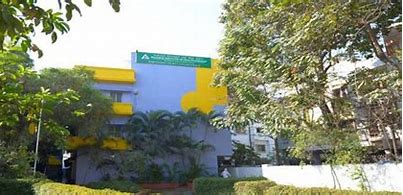Ophthalmology is a medical speciality that specializes in eye care. It is a branch of medical science that studies various technologies and processes for treating various eye-related issues. This discipline covers topics such as eye examination, vision defects, ocular diseases, corrective surgery, optics, etc. Professionals with a Diploma in Ophthalmic Technology are trained to perform eye examinations and recommend treatments for vision defects and ocular diseases and assist and work under the supervision of Ophthalmologists.
Numerous institutes provide diploma in Ophthalmic Technology courses. Students must have passed Class 10 or 12 with PCM/PCB to be admitted to various courses in Ophthalmic Technology. After completing the course, you will be able to work in hospitals, community health centers, and eye clinics.
The course duration is generally 2 years, and it includes both theoretical and practical components. The practical components may include clinical rotations, internships, and hands-on training with ophthalmic equipment and instruments. Upon completion of the course, students are expected to have a thorough understanding of the structure and function of the eye, the diagnosis and management of common eye disorders, and the use of ophthalmic equipment and instruments. They will also be able to assist ophthalmologists in clinical procedures, educate patients on proper eye care, and dispense ophthalmic medications and devices.




Student Review About Course